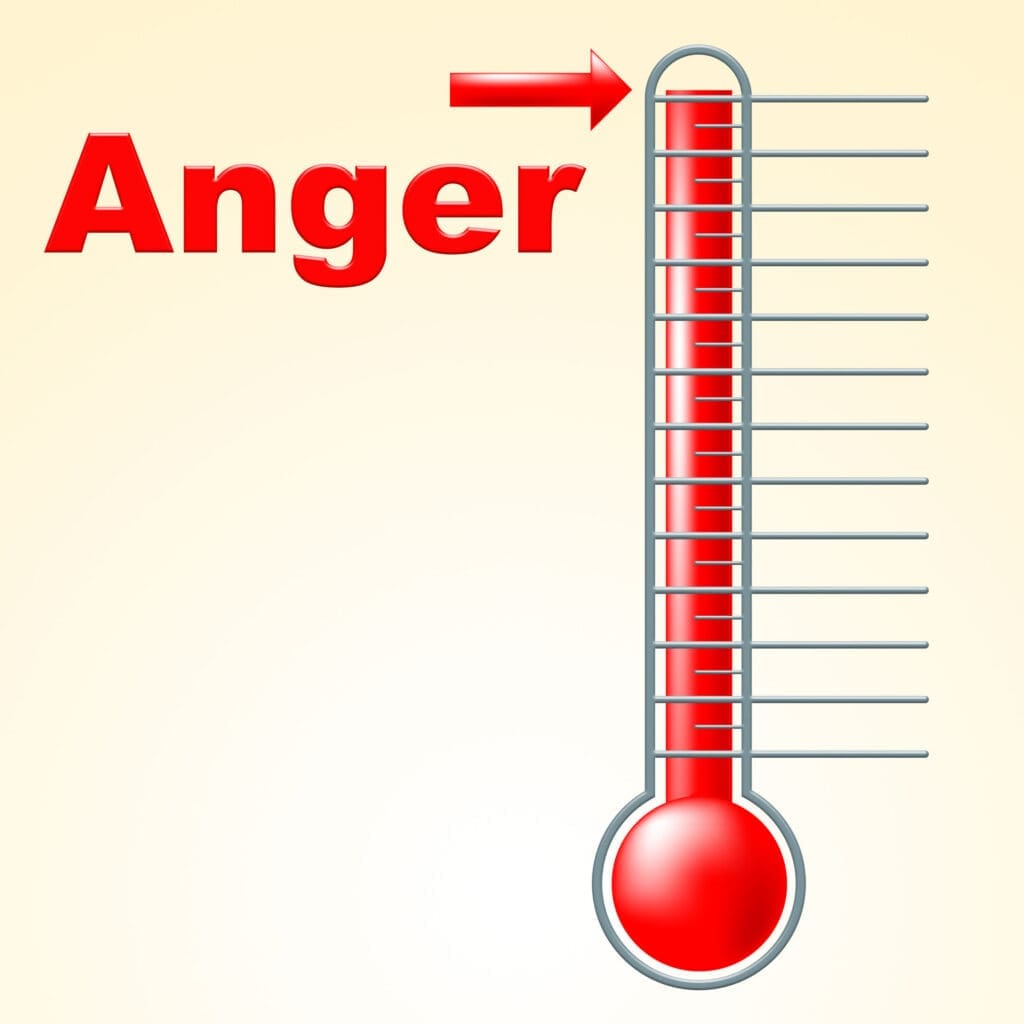There are few project managers who haven’t had to deal with some levels of stress or burnout during their working life, no matter how much experience they have in the field or how many qualifications they have. Project management is a highly demanding and fast paced job, so this should unfortunately come as little surprise.
There is no one thing that can trigger this type of stress. It can occur because of a particularly challenging team, a difficult client, a lack of organisational skills or even the ability to be able to manage time properly for the duration of the project. Whilst the raised adrenaline levels that can be experienced as a result of an impending deadline and tight timeframe can be helpful in a short term situation in the long run they can quickly get out of control and working too many hours can all too quickly lead to burnout which is determinantal to overall health.
It is important to understand that stress and burnout are not a sign of weakness, even those project managers who use a controlled approach when it comes to their projects, who have good experience in the field and a proven track record, can fall foul of those external factors that are beyond their control. It is these factors that can all too often lead to burnout.
What is burnout?
Burnout is considered to be a state of chronic stress that can lead to emotional and physical exhaustion. If the reasons for the burnout are not dealt with it can have an impact on productivity, the morale of an individual and even impact on someone’s personal life. Burnout doesn’t happen overnight it is a gradual process that is often missed until the symptoms are too evident to ignore. For this reason it really is important to be able to spot them early on, so that the situation does not become unbearable.
External factors alone do not always result in this type of stress. Sometimes the issues that are exacerbated by a difficult project can be linked to those habits that are part of what make a person themselves. Unfortunately it is not always the case that a person is actually even aware of this, although it may be obvious to those people around them.
How do you spot burnout?
It is important for a project manager to be able to spot the major signs of burnout. It may be that it is too late for your current project by this is certainly something that you should be fully aware of before your next project begins. Signs that you may want to look out for that could be an indication of something more significant in a member of your team include:
- A team member becoming increasingly argumentative
- A sudden increase in sick days taken
- Silly mistakes
- Planned days off being cancelled
- A loss of sense of humour
- Working a significant number of overtime hours, being early to the office and leaving late
- Working only for the minimal hours and then quickly leaving the office
- Poor relationships with others in the tea
If you see some, or all, of these signs then you will need to delve a little deeper in order to see what is really going on. This is something that can be done by talking to team members on an individual basis, or as a group, but however you do it it should be done with caution and sensitivity. Your ultimate goal is to get to the root of what is wrong but without upsetting anyone.
As a project manager you should also be on the look out for the telltale signs of burnout in your own behaviour, the key signs you may be close to burnout yourself include:
- Exhaustion – poor memory, having no energy, being unable to sleep, suddenly being ill all the time
- Alienation – neglecting yourself, distancing yourself from your loved one, isolating yourself, having a negative perspective on everything
- Reduced performance – being less engaged with your work, missing deadlines, inability to concentrate and procrastination
Unfortunately even when you of got to the root of what is causing the burnout it isn’t possible to just make it go away. Identifying what is causing the problem is however a great place to start in working out what you might be able to do to help make those all important changes. It can be a good idea for any individual who is struggling with burnout to keep a stress diary.
How can you combat burnout?
As a project manager there are a number of things that you can do to combat burnout once you have identified it.
Time control
It is really important to be in control of the time in your project, do not try to fit things like meetings in when you simply haven’t got time. Remember not all meetings need to be held in person.
Take regular breaks
When you are pushed for time taking a break may seem like the last thing you should be doing but it is a good way to clear your head, regroup and give yourself the mental break that will help you to be more productive when you return to your desk.
Take your holiday days
Nobody wins when you don’t take your holiday days, you don’t have the chance to unwind properly, and this can have a knock on affect within the team. Taking regular breaks from the office by using your holidays can help you to relax properly and stave off the stress that can lead to burnout.
Leave work in the office
Whether you are working from home, or in the office it is important to put your job and the project, to bed at the end of the day. Your family and a social life are important, so it is vital to make the distinction between the two.
Look after your health
If you or a member of your team are not looking after health properly, then you are no good to the project team. Regular sleep, healthy meals and fresh air may all seem like simple advice, but you should never underestimate just how important they are to helping reduce stress and making it possible to avoid burnout.



